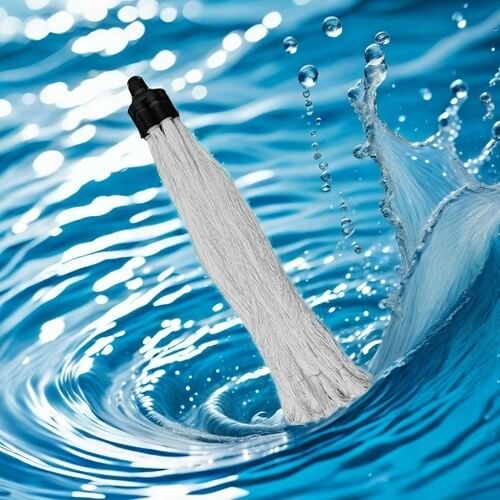Coal mine wastewater treatment process
The coal mine wastewater treatment process mainly includes the following steps, aiming to achieve suspended solids and river water in order to meet environmental standards and achieve water reuse.
1. Preprocessing stage
Regulating tank: The mine water is first lifted to the pre settling regulating tank, where it is interrupted for a period of time to regulate the water quality and quantity, and the suspended solids (such as coal slurry) are initially settled
Coagulation and sedimentation: After the effluent from the regulating tank, the wastewater enters the reaction and coagulants are added to promote the aggregation of suspended solids in the tank to form flocs. Subsequently, the wastewater flows into the inclined tube sediment and increases most of the suspended solids through gravity settling
2. Main processing stage
Cyclone purification: After preliminary treatment, the wastewater enters an efficient cyclone purifier for centrifugal and gravity separation, further producing fine particles and colloidal substances
Filtration treatment: The purified water is filtered through a valve free filter to remove any remaining solid particles. This process ensures that the cleanliness of the effluent meets the standard

3. Disinfection and restoration
Disinfection treatment: The filtered water usually enters a disinfection pool and disinfectants such as chlorine dioxide are added to prevent bacterial growth. Disinfected water can be directly reused or discharged into the environment
4. Sludge treatment
Sludge dewatering: The sludge generated during the entire treatment process is collected in the sludge tank, concentrated by gravity, and dehydrated by a centrifugal dewatering machine. The dewatered sludge can be transported for external treatment
Summary
Through the multi-step treatment process mentioned above, coal mine wastewater can effectively reach the majority of water resources, meet national environmental discharge standards, and achieve resource reuse. These processes not only improve the efficiency of wastewater treatment, but also reduce the impact on the environment.
